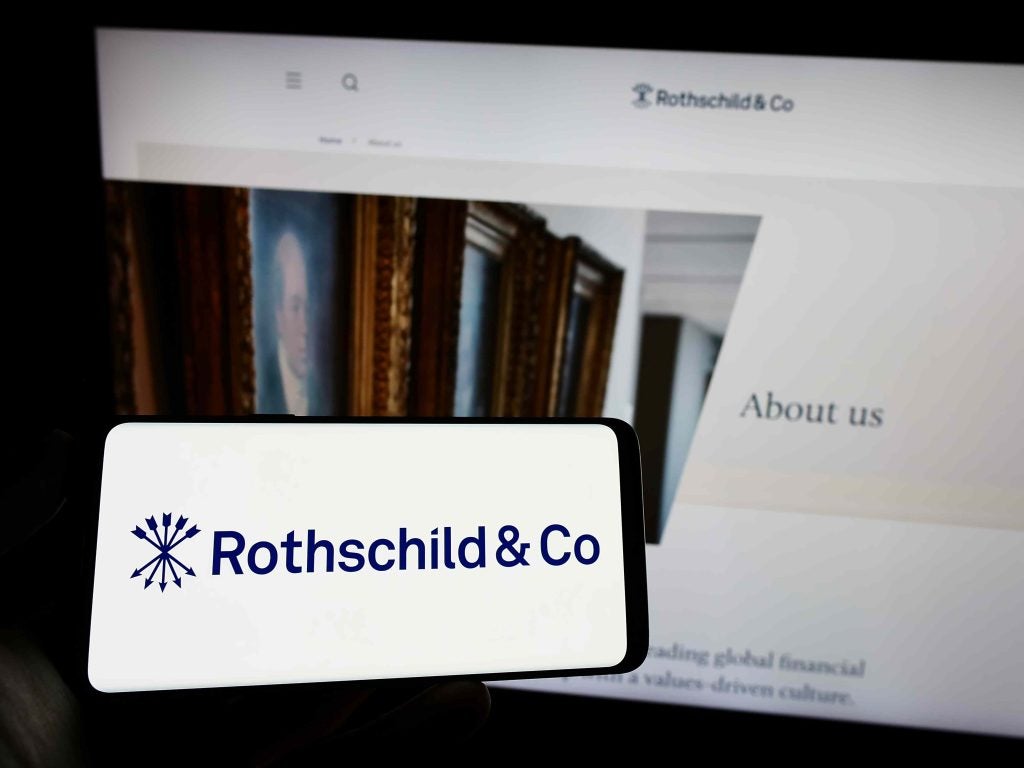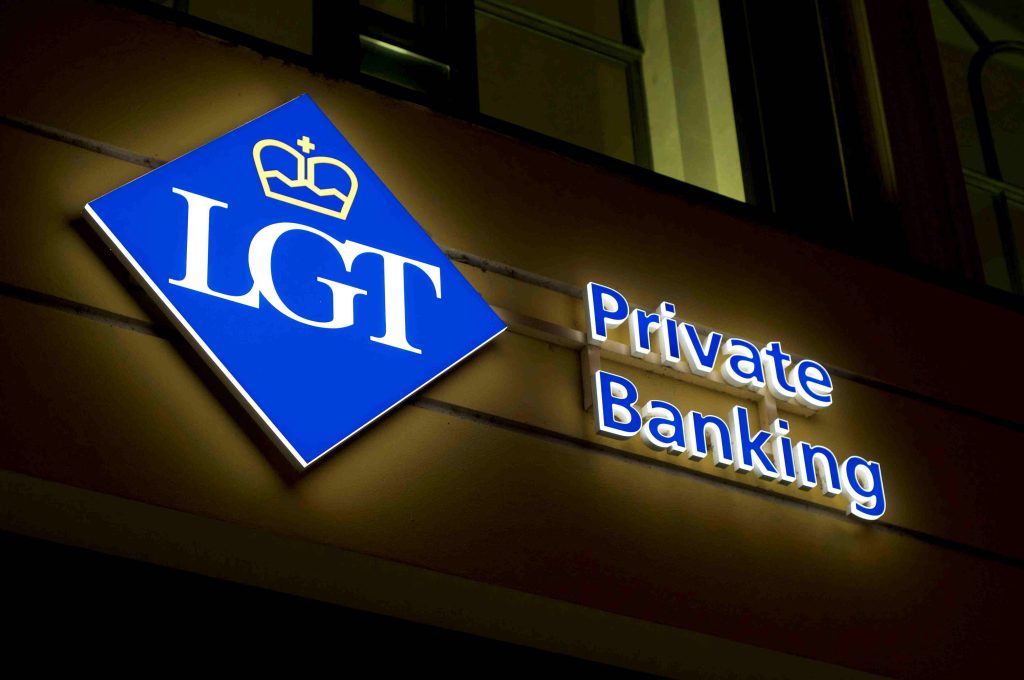The Government of UK’s Serious Fraud Office (SFO) has brought fresh charges against Barclays Bank citing unlawful financial assistance made towards Qatar in 2008.
The charges are related to the $3bn loan that Barclays Bank gave to Qatar between 1 October and 30 November 2008 for the purpose of acquiring shares in the bank.
In the fresh charges, SFO stated the violation of 151(1) and (3) sections of the Companies Act 1985. The first date for the first court appearance is yet to be decided.
SFO started investigations of the matter in August 2012, while the first charges were brought against Barclays and four other individuals in June 2017.
The trials, which involve Barclays and four former top executives, are scheduled to start in January next year.
It involves a separate charge of committing fraud through false representation that involves a maximum prison sentence of 10 years for the associated executives and a fine for the bank.
How well do you really know your competitors?
Access the most comprehensive Company Profiles on the market, powered by GlobalData. Save hours of research. Gain competitive edge.

Thank you!
Your download email will arrive shortly
Not ready to buy yet? Download a free sample
We are confident about the unique quality of our Company Profiles. However, we want you to make the most beneficial decision for your business, so we offer a free sample that you can download by submitting the below form
By GlobalDataBarclay’s denied the allegation that during the financial crisis in 2008 the Qatari investment helped it to avoid a government bailout, unlike Lloyds Banking Group and Royal Bank of Scotland which were partly nationalised.
If the bank is found to be guilty, it may face regulatory sanctions which include the withdrawal of banking licence.







